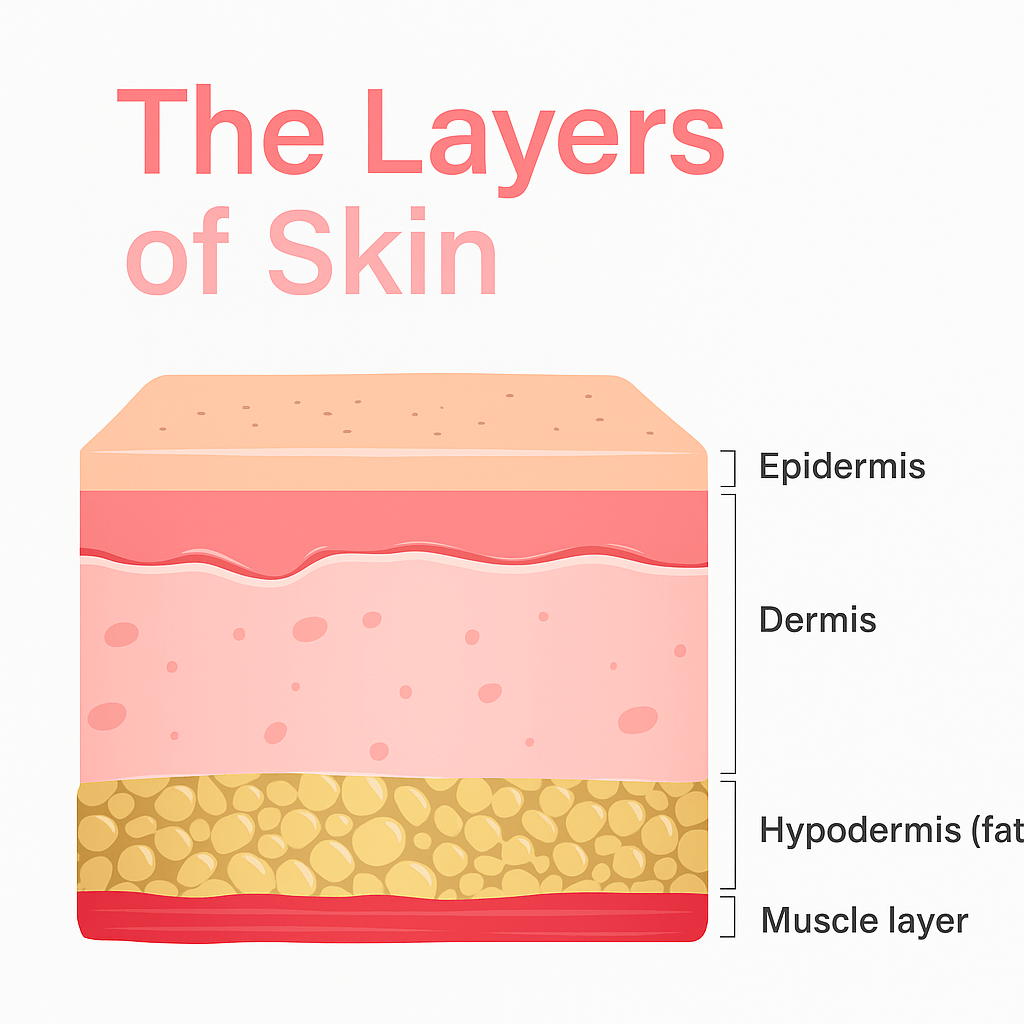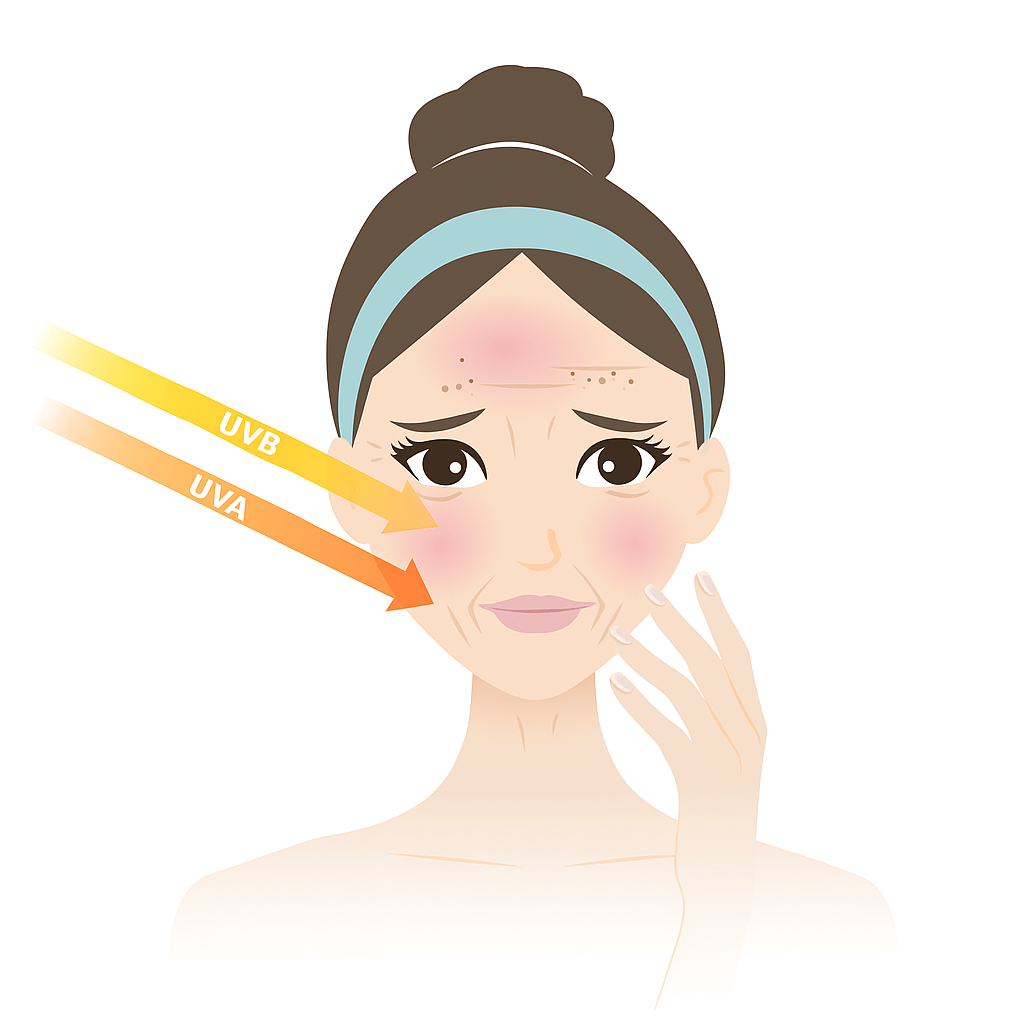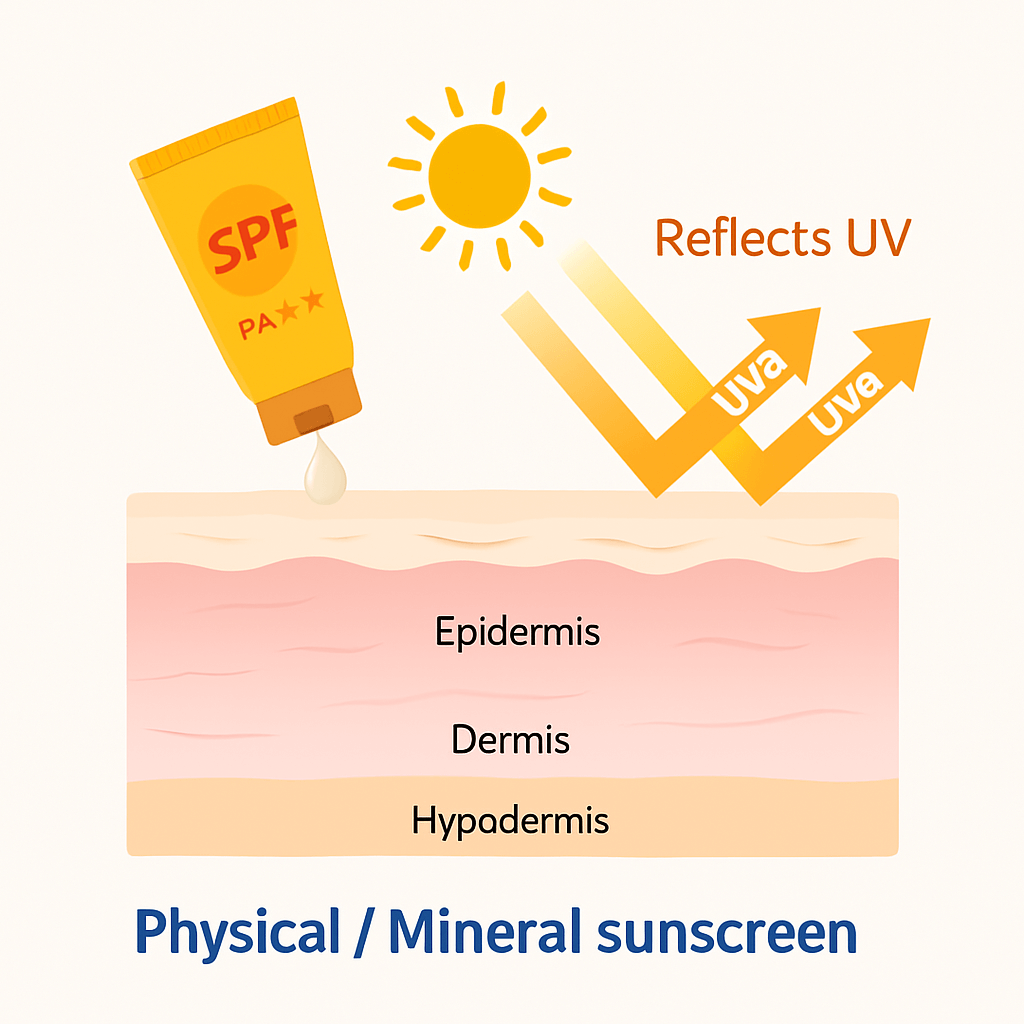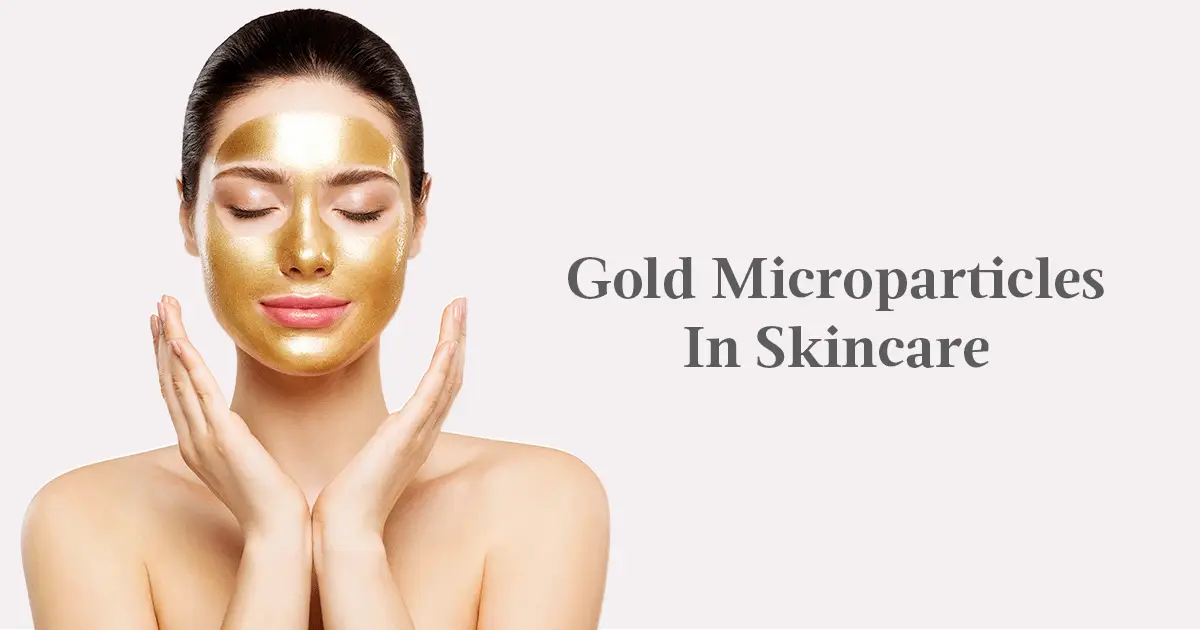
As we age, our skin naturally undergoes a series of changes, leaving it dull, wrinkled, and saggy. One key factor that helps maintain healthy, youthful-looking skin is skin elasticity. But what exactly is skin elasticity, and how can we improve or restore it?
In this detailed blog, we'll explore the ins and outs of skin elasticity. We’ll also provide you with enough ways to boost your skin’s elasticity, along with tips for preventing its loss and treatments that can help. So, are you ready to dive in?
Anatomy Of The Skin

Our skin is made up of three layers: 1
- Epidermis - It is the topmost layer of your skin that you can touch and feel. While acting as a protective barrier, it also guards your skin from bacteria and germs entering your body. Apart from this, the epidermis contains melanin (a pigment that gives colour to the skin). 1
- Dermis - This is the middle layer of your skin that contributes to 90% of the skin thickness. It has two proteins - collagen and elastin. The former provides structure and strength, and the latter allows flexibility to the skin. Additionally, this layer has oil and sweat glands that make your skin soft and smooth while also regulating body temperature.1 2 3
- Hypodermis - This is the bottom layer (the fatty layer). Fat in the hypodermis helps protect muscles and bones from injury when you fall or are in an accident. Moreover, it also protects you from excess cold or hot temperatures.1
What Is Skin Elasticity?
Skin elasticity is the ability of your skin to stretch and bounce back to its original shape. This elasticity is what gives our skin a smooth, firm complexion. But what makes our skin so resilient? It's all thanks to two essential proteins: collagen and elastin (present in the skin’s middle layer). These fibers work together to allow our skin to stretch and snap back into place. 1 4
However, as we age, our skin's production of collagen and elastin slows down, causing the middle layer of our skin, the dermis, to thin out. As a result, our skin may start to wrinkle and sag, losing its firmness and elasticity.2 5
What Causes Loss Of Skin Elasticity?
Several factors contribute to a loss of skin elasticity over time:
-
Aging
As we have already mentioned, collagen and elastin production decline with age. This may result in loss of skin elasticity. This natural process may further lead to wrinkles, fine lines, and a less youthful appearance. 2 6
-
UV Exposure

Prolonged exposure to UV rays from sunlight can damage skin, causing it to lose its elasticity. UV radiation can break down collagen and elastin fibers, leading to a loss of skin firmness and elasticity. 6
-
Smoking
Besides the sun’s harmful UV rays, smoking can damage skin, reducing its elasticity and causing premature ageing. This is because the chemicals in tobacco smoke can damage the skin proteins: collagen and elastin. Smoking can also reduce blood flow to the skin, further exacerbating the problem. 6
-
Poor Diet
In addition to smoking, a diet that lacks essential nutrients can affect skin health and elasticity. A diet high in processed foods and sugar can lead to inflammation, which can damage skin and reduce its elasticity. 7 8
-
Dehydration
Not drinking enough water can make skin dry and lose its elasticity. Dehydration can lead to a decrease in the skin's natural moisture barrier, making it more prone to wrinkles and fine lines. 9
-
Environmental Pollutants
Exposure to pollution, stress, and other environmental stressors can impact skin elasticity. These stressors can lead to inflammation, which can damage skin and reduce its elasticity.6
-
Genetics
Genetic factors also play an important role in determining skin elasticity, with some people naturally having more elastic skin than others. If your parents have firm, elastic skin, you may be more likely to have it too. However, lifestyle factors can still impact skin elasticity, regardless of genetics. 10 11
-
Weight Changes
Significant weight gain or loss can cause skin to stretch and lose its elasticity. When skin is stretched beyond its limits, it can lose its ability to snap back into place. 12
A pregnant woman can relate to it as well. During her pregnancy, the skin on the belly stretches to adjust to the growing baby inside. It is a natural process where skin stretches, becomes dry and post-delivery, comes back to its normal shape.13
-
Poor Skincare Habits
Not taking good care of your skin can lead to loss of skin elasticity, making you look older than you are. Research shows that skin elasticity and tone worsen with age, while pore size and wrinkles increase. This study also revealed that people who took good care of their skin had better skin health. For instance, people who apply sunscreen every day, wear basic makeup, and moisturise their skin have better skin elasticity. 14
7 Ways to Improve Skin Elasticity
-
Eat Antioxidant-Rich Foods
Antioxidants fight free radicals that damage collagen and elastin. A diet rich in antioxidants helps maintain skin’s elasticity. Therefore, add oranges, leafy greens, nuts, and citrus fruits to your diet for youthful skin.15 16 17
-
Stay Hydrated
Water keeps your skin plump, elastic, and healthy. Drink plenty of water daily to maintain hydration from within.9
-
Use Retinol or Retinoids
Retinol is a vitamin A derivative that helps boost collagen production and cell turnover. Consistent use of retinol in several over-the-counter creams can improve skin firmness and texture over time. 18 19
-
Apply Sunscreen Daily

UV rays break down collagen and elastin, leading to sagging. Adding sunscreen to your daily skincare routine can help improve skin elasticity. Make sure to apply sunscreen even when indoors or when it's cloudy. 14
-
Sleep Well
Your skin repairs and regenerates while you sleep. Having a sound sleep may help improve your skin’s health. Studies reveal that late bedtime negatively impacts the skin barrier, disrupting the skin microbiome. 20
-
Avoid Smoking, Drugs & Alcohol
These habits dehydrate your skin and accelerate collagen breakdown. Quitting can significantly improve skin elasticity and boost overall health. 6
-
Manage Stress
Chronic stress increases cortisol, which breaks down collagen. Therefore, to ease stress and boost collagen production, practice mindfulness, yoga, or breathing exercises to stay calm. 21 22
Medical Treatments for Skin Elasticity
If topical treatments and lifestyle changes don’t yield desired results, consider professional treatments:
-
Radiofrequency Therapy (RF)
This technique uses safe, low-frequency electromagnetic waves to gently heat the deeper layers of your skin. This heat stimulates the production of new skin cells, along with collagen and elastin. As a result, the skin becomes tighter, smoother, and more lifted over time, boosting skin elasticity. 23
-
Chemical Peels
It uses special solutions to remove the top layers of your skin, helping fresh, new skin come to the surface. They boost collagen production, improve skin tone, reduce fine lines, and make your skin feel firmer over time. Since peels can be strong and may need some recovery time, it’s best to get them done under a dermatologist’s guidance. 24
-
Laser Skin Resurfacing
This technique uses focused light beams to gently remove the top layer of skin and heat the layer beneath. This process helps reduce wrinkles, scars, uneven skin tone, and even some skin lesions. It also boosts collagen production, making the new skin smoother, tighter, and more even. 25
Conclusion
Improving skin elasticity isn’t just about looking youthful; it’s about maintaining skin health. With the right mix of skincare, nutrition, and professional treatments, you can protect your skin’s structure and glow confidently at any age.
At AreoVeda, we believe skincare should be nurtured from within. That’s why our antioxidant-rich, naturally derived formulations are crafted to boost collagen, lock in moisture, and enhance elasticity — gently and safely. Discover our range of hydrating serums and moisturisers made especially for pregnant and new moms — because glowing skin begins with mindful care.







.webp)



